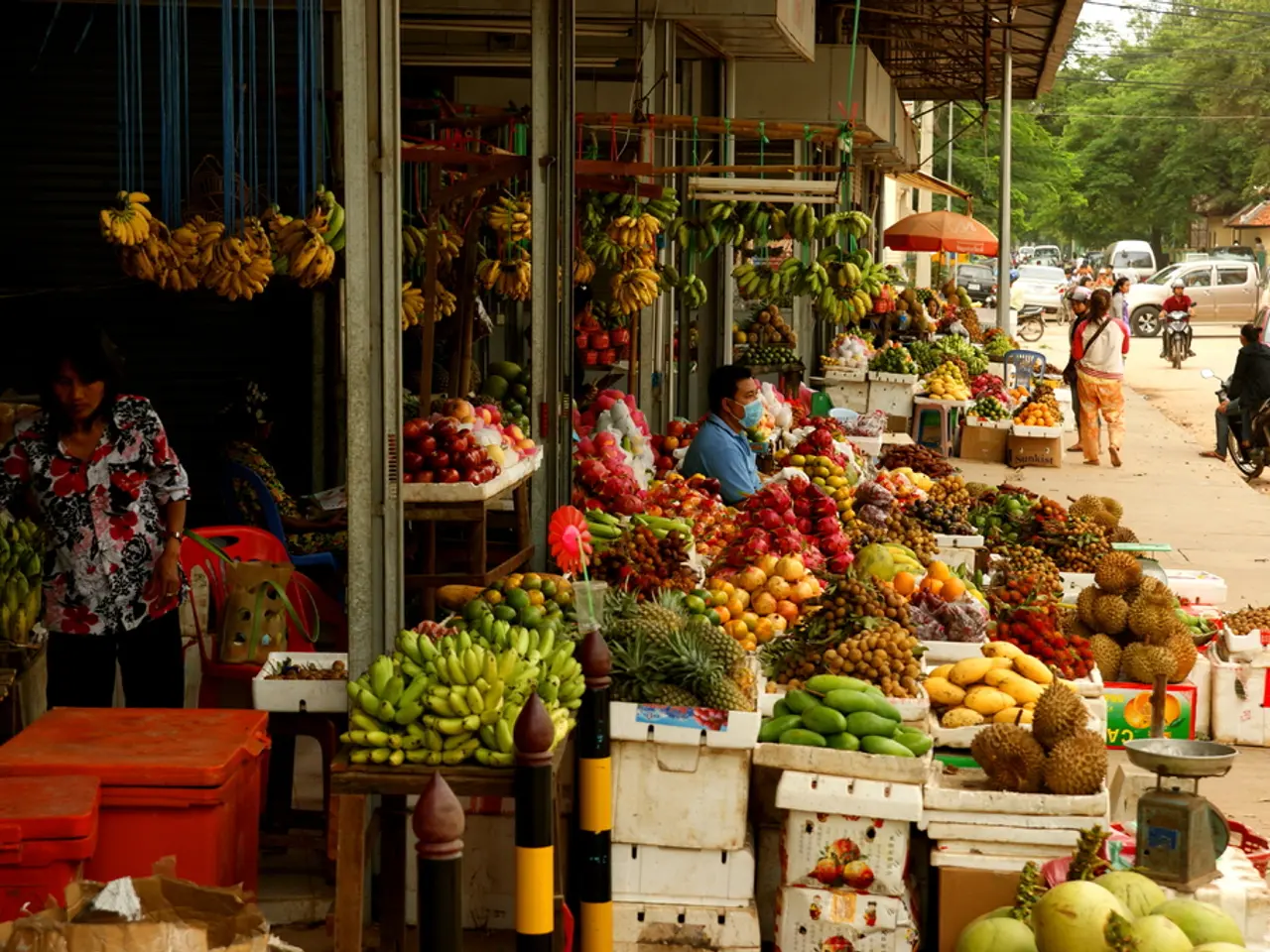Exploring Business Ventures in Growing economies worldwide.
In the wake of the global Corona crisis, the economic landscape has shifted dramatically, with emerging and developed markets responding differently due to disparities in fiscal policy measures.
Emerging economies, which typically have less fiscal space than their developed counterparts, have faced constraints in implementing large-scale, countercyclical fiscal stimuli. This is because these economies had less fiscal space to spare even before the 2008-09 Great Recession, and the space has not returned to pre-crisis levels since.
In contrast, developed markets have often employed more robust and less procyclical fiscal measures, including stimulus packages and increased government spending to support demand. However, these economies usually have stronger institutions, such as fiscal rules, stabilization funds, and medium-term expenditure frameworks, that support credible fiscal policy responses.
These differences have influenced the earnings development of companies in these economies. Companies in emerging markets, due to fiscal constraints, have tended to experience more vulnerability. The limited fiscal stimulus meant less direct support for corporate earnings and demand conditions. Nonetheless, the overall credit risk of non-financial companies has remained moderate and even declined in some cases, helped by improved corporate debt structures and proactive monetary policies.
Economic activity in emerging markets has shown varied recovery. Some regions like East Asia have benefited from solid export growth supporting earnings, while Latin America, except for countries with strong domestic demand supported by fiscal transfers (e.g., Brazil), has shown generally subdued activity.
In developed economies, with larger fiscal stimuli and better institutional support, companies have generally faced less earnings volatility. Governments have been able to provide extensive fiscal support including wage subsidies, liquidity aid, and direct transfers, cushioning corporate earnings declines. However, the long-term fiscal consequences include ongoing high deficits, which might impact future corporate taxation and investment environments.
The current situation presents both challenges and opportunities for impact investors. Despite the difficulties posed by the crisis, emerging markets still offer opportunities, particularly in sectors that align with the United Nations' sustainability goals, such as renewable energy companies, providers of educational solutions, mobile payments, and microloans. UBP's focus on impact investing is expected to open up numerous opportunities in these sectors.
The education sector in emerging markets has suffered greatly due to the crisis, but long-term demand remains high. Similarly, the crisis has had a severe impact on countries with weak healthcare systems and limited fiscal policy room for maneuver. However, the demand for infrastructure investments such as water supply and waste management remains high.
The crisis seems to act as a catalyst for renewable energies, leading to a re-evaluation of numerous manufacturers of electric vehicles and providers of clean energy. The number of countries setting specific timelines for achieving net-zero is growing, and if the current momentum continues, the majority of greenhouse gas emitters are expected to present revised, more ambitious targets at the UN climate conference in Glasgow in November.
The pandemic led to a near-total shutdown of entire industries, particularly affecting smaller businesses, which in turn harmed the microloan industry. However, some microloan providers were able to switch to online operations quickly due to prior investments in digitization. The current situation is seen as a cyclical opportunity for the microloan industry to recover strongly once individual markets have overcome the crisis.
For impact investments, 2020 was a challenging year as it required balancing positive impact and financial returns. But despite the challenges, demand for microloans remains high, and those with access to international capital markets could avoid a liquidity crisis. UBP's experts have identified other investment opportunities, including companies that have increased their spending on research and development to better treat non-communicable diseases or provide more affordable products for low- and middle-income countries.
References: [1] IMF (2020). Fiscal Monitor: Towards a Resilient Recovery. [2] World Bank (2020). Global Economic Prospects: Navigating the Crisis. [3] ADB (2020). Asian Development Outlook 2020 Update: Navigating the Pandemic Crisis. [4] OECD (2020). Economic Outlook for Developed Countries: Going for Growth after the Crisis.
- In light of the global Corona crisis, economic and social policy discourses have centered around the varying responses to fiscal policy measures, with emerging markets facing constraints in implementing large-scale economic stimuli due to limited fiscal space, in comparison to developed markets with their robust and less procyclical fiscal measures.
- Financial investments in personal-finance have seen a shift towards impact investing in sectors that align with the United Nations' sustainability goals, such as renewable energy companies and providers of educational solutions, as the crisis presents both challenges and opportunities for those looking to make a positive impact in emerging markets.




